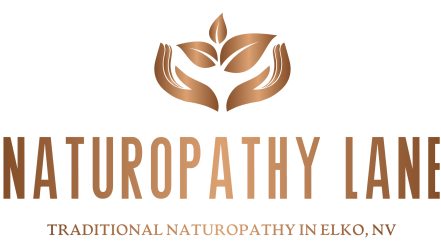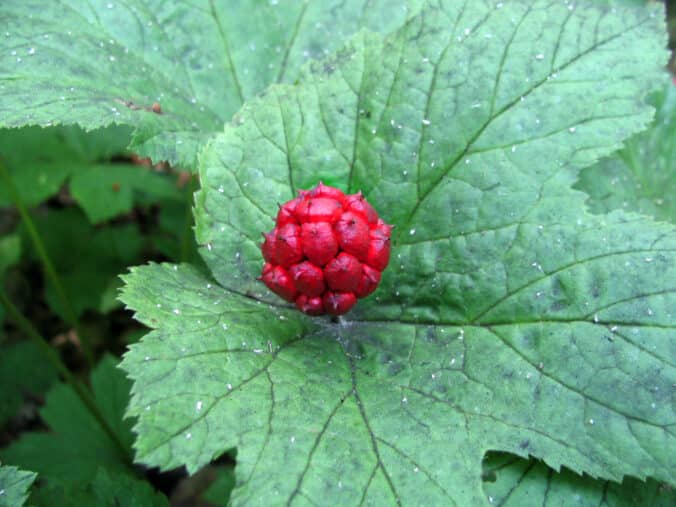Goldenseal, a perennial herb native to the eastern United States, has been a staple in natural medicine for centuries. This plant, scientifically known as Hydrastis canadensis, offers a variety of health benefits attributed to its active constituents.
The roots and rhizomes of the Goldenseal plant are the primary parts used in natural medicine. These parts contain the highest concentration of the active constituent berberine, which is believed to possess antimicrobial, anti-inflammatory, and immune-boosting properties. Additionally, Goldenseal contains alkaloids, such as hydrastine and canadine, which contribute to its medicinal properties.
Naturopathic medicine utilizes Goldenseal for a range of purposes, including treating respiratory infections, digestive disorders, and skin conditions. Its antimicrobial properties make it a popular remedy for colds, flu, and other infections. Furthermore, Goldenseal is used to support digestive health and relieve conditions such as diarrhea and constipation.
Recent research on Goldenseal has focused on its potential benefits for immune function and its role in addressing antibiotic resistance. Studies have shown that berberine, one of the primary active constituents in Goldenseal, may help modulate the immune response and enhance the body’s defense mechanisms against certain pathogens. Moreover, researchers are exploring its potential as an alternative to conventional antibiotics in light of growing concerns about antibiotic resistance.
In conclusion, Goldenseal continues to be a valuable botanical in naturopathic medicine, offering a diverse range of health benefits. With ongoing research shedding light on its mechanisms of action and potential new applications, this herb remains an interesting subject of scientific exploration and a promising tool in holistic health practices.
I hope this provides some useful information about the plant.
Further Reading on Natural Medicine:
Mushrooms:Shiitake Mushroom



